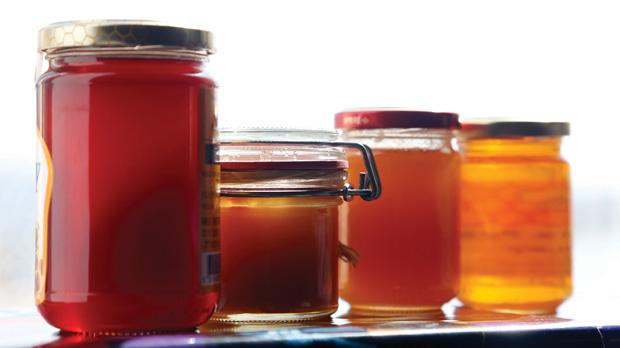
Don’t get stung by sale of fake Maltese honey
Honey purporting to be Maltese can be found on every shelf, dressed up in fancy logos and promoted as artisan ware, but be careful not to be sweetened by the labels.
It is sold in grocery shops, confectioneries, supermarkets and even at corner bazaars. But is it possible that Maltese bees produce so much honey? And is there any way to tell whether the honey we are buying has been produced by bees pollinating local flowers?
In Malta and Gozo there are approximately 2,200 colonies of bees. And, according to veteran beekeepers, our islands “would need to be triple the size” if all the honey being sold off as Maltese is genuinely local.
Alibaba Group Holding Ltd (NYSE:BABA) To Fight Fakes By Building Local Brands
Alibaba Group Holding Ltd (NYSE:BABA) is definitely finding it tough to walk away from the latest fake-good sales imbroglio. As recent as a few weeks ago, Alibaba Group Holding Ltd was legally accused of selling products which were fakes of their brand, by Gucci. The ecommerce giant is yet to emerge from the legal issue, without major fines or terms of services.
Lear MoreAlibaba fosters local brands to fight fakes
Criticised and even sued by luxury brand Gucci and others for facilitating the counterfeit goods trade, Chinese e-commerce giant Alibaba has been quietly piloting a scheme to try to curb fakes at source.
In the coastal city of Putian, in Fujian province, Alibaba is working with 17 shoe manufacturers to cultivate home-grown brands online, revitalise a flagging industry and offer would-be counterfeiters an alternative source of livelihood.
Critics say the scheme is misguided and Alibaba should instead focus on scrubbing its online marketplaces of widespread listings of fakes.
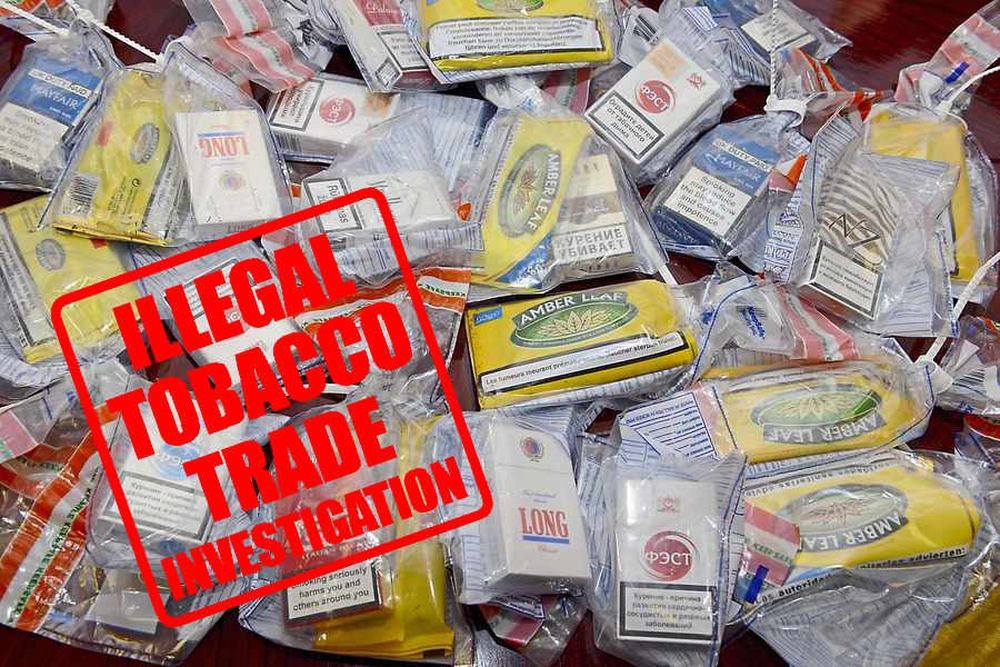
More arrests on the way over illegal tobacco
Complaints regarding the selling of cheap, untaxed cigarettes and counterfeit tobacco to Crimestoppers have doubled, the charity said today.Earlier this year, our undercover investigators visited dozens of shops and found 25 out of 27 were prepared to sell illegal cigarettes and tobacco to customers.
When samples were sent off for analysis it was found the tobacco contained substances such as rat droppings, poisonous chemicals, dead insects and asbestos.
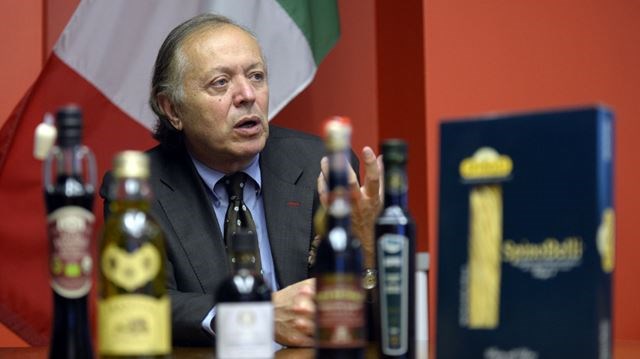
Counterfeit Italian food products face trade group scrutiny
Is your spaghetti dinner really Italian?
Not if you’re using marinara sauce from a jar, regular supermarket pasta, everyday olive oil or — gasp — grated parmesan cheese, says Pasquale Bova, the Italian trade commissioner to Canada. And he warns it’s a very serious economic issue hurting both Canadian taste buds and Italy’s food export business. So the Toronto office of the commission has just launched its biggest ever advertising campaign to raise consumer awareness about imitation Italian food products. “If you’re not buying Italian, you’re not eating Italian,” Bova said matter of factly in an interview. Canada, the U.S. and Mexico are some of the largest consumers of imitation Italian food products, according to the commission. Meanwhile Canada is among the Top 10 worldwide destinations for real, made-in-Italy food and beverage exports.
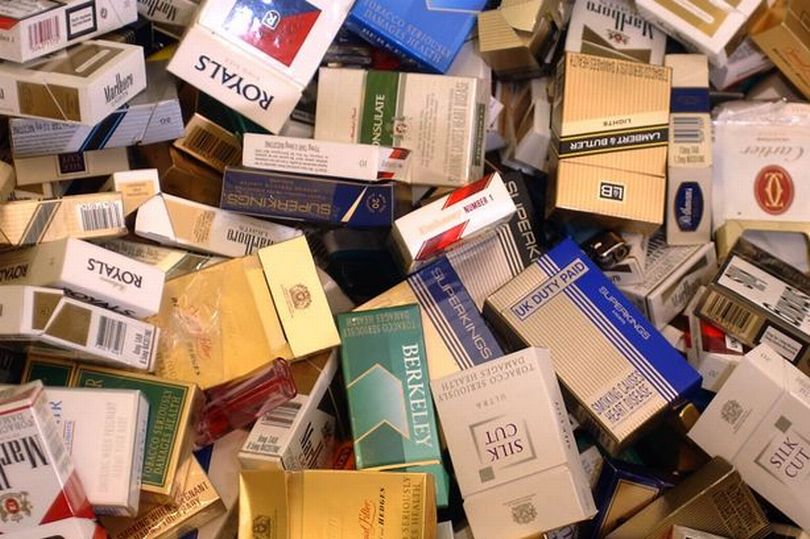
Ormskirk criminal made £6.3million fortune from smuggling cigarettes from China
Judge orders West Lancs crime couple to hand over £100,000 crime proceeds – or face being locked up
A crime couple from Ormskirk have been told they must hand over £100,000 of their ill-gotten gains – or face being locked up in jail.
Graeme Davies, 45, of Smithy Lane, in Barton, was imprisoned for for three years in 2011 over a £1million cigarette smuggling plot.
Lear More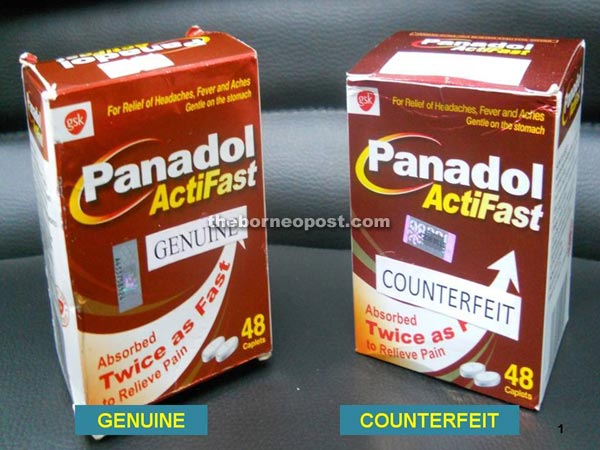
War on imitation medicines
The State Health Department is on full alert against rampant selling of imitation medicinal products over the counter.
Assistant Minister for Public Health Datuk Dr JeripSusil, who gave this assurance, said the department’s enforcement team had been mobilised to verify and seize fake products such as medicines and toiletry items from the shelves.
“The selling of these imitation products is actually rampant as most of the products can be easily found in both the rural and urban areas. As long as there is an outlet or an avenue to sell, it will be there. It can actually be anywhere,” Dr Jerip told The Borneo Post yesterday.
http://www.theborneopost.com/2015/05/20/war-on-imitation-medicines/
Lear MoreKirton man sentenced after being caught with 25kg of illicit tobacco
A Kirton man, caught with almost 25kg of illicit hand-rolling tobacco (HRT) in his house, has been sentenced after an investigation by HM Revenue and Customs (HMRC). HMRC searched the home of GrzegorzGlowinkowski, 35, of Kime Mews, Kirton, in June 2014. Officers found the non UK duty paid tobacco, worth almost £4,500 in lost duty and taxes, hidden in his loft, in black bin bags.
Lear MoreMd. Comptroller’s Office targets cigarette smugglers
The I-95 corridor used to be known for drug running up and down the East Coast but now traffickers of a different kind are using that route. Cigarette smugglers are finding the cheap prices and low tax rates in Virginia a big incentive to break the law. In fact, cigarette smuggling has become as profitable as trafficking heroin or cocaine. “The money is huge. The money is as big as running illegal narcotics,” explained an agent.
Lear MoreMiddle Eastern crime gangs main players in Australia’s illegal tobacco boom
The gangs are flooding our cities with illegal cigarettes and tobacco as they seek to cash in on smokers looking to save money on the black market.
Figures reveal a huge increase in the importation of illegal cigarettes and “chop chop” tobacco via sea and air over the past year.
The chief executive of the Australian Customs and Border Protection Service, Roman Quaedvlieg, said authorities were now contending with “more players” in the black market, with increasing numbers of criminals attracted to the lucrative business.
Lear More



